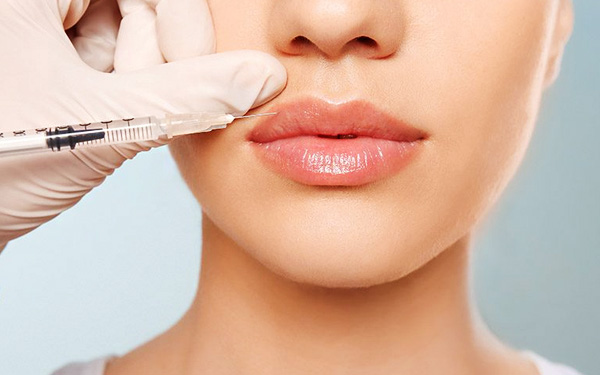Fillers

Dermal fillers, often referred to simply as "fillers," are a popular non-surgical cosmetic treatment used to restore volume and fullness to the face, smooth out wrinkles and lines, and enhance facial contours. Here are some key points about dermal fillers:
- Cosmetic Use: Composition: Dermal fillers are made from various materials, including hyaluronic acid, calcium hydroxylapatite, poly-L-lactic acid, and polymethylmethacrylate (PMMA). Hyaluronic acid fillers are the most commonly used and are considered safe for most people.
- Composition: Dermal fillers are made from various materials, including hyaluronic acid, calcium hydroxylapatite, poly-L-lactic acid, and polymethylmethacrylate (PMMA). Hyaluronic acid fillers are the most commonly used and are considered safe for most people.
-
Uses:
- Dermal fillers are used for several cosmetic purposes, including:
- Filling in wrinkles and fine lines, especially around the mouth, nose, and eyes.
- Enhancing and restoring volume to the cheeks, lips, and temples.
- Improving the appearance of shallow scars and depressions in the skin.
- Softening the appearance of facial contours, such as the jawline or chin.
Correcting asymmetry in facial features. - Procedure: The injection of dermal fillers is a non-surgical procedure performed by a trained healthcare provider, such as a dermatologist or plastic surgeon. It typically involves minimal discomfort and can often be done in a single office visit.
- Duration of Effect: The duration of the results depends on the type of filler used and the individual's metabolism. Hyaluronic acid fillers typically last between 6 months to 2 years, while other fillers may have longer-lasting effects.
- Safety: Dermal fillers are generally considered safe when administered by a qualified and experienced practitioner. However, like any medical procedure, there are potential risks and side effects, including bruising, swelling, redness, and the rare possibility of allergic reactions or lumps forming at the injection site.
- Maintenance: To maintain the desired results, individuals may need to undergo periodic touch-up treatments, as the effects of dermal fillers are not permanent. The frequency of touch-ups varies depending on the filler used and individual factors.
- Precautions: Before getting dermal fillers, it's important to consult with a healthcare provider to discuss your goals, medical history, and any potential contraindications. Inform your provider of any allergies, medications you are taking, and past cosmetic procedures.
- Types of Fillers: Different types of dermal fillers are designed for specific areas of the face and have varying properties. Common brand names for hyaluronic acid fillers include Juvederm and Restylane, while Sculptra and Radiesse are examples of other fillers.
- Cost: The cost of dermal filler treatments varies depending on the type of filler, the amount used, and the location of the provider. It's important to get a clear estimate from your healthcare provider before proceeding with treatment.